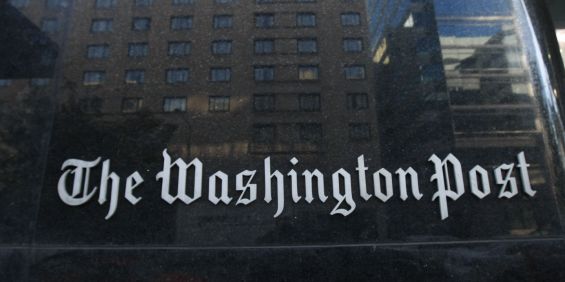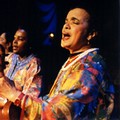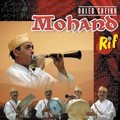The Moroccan and the Jordanian monarchies have survived slowly but surely the Arab spring through a series of reforms. In an article published today by the Washington Post, the famous American newspaper, the two kingdoms are there to stay for a stable and mature democratic situation.
The same source argues that the two countries have «allowed elected parliaments, legal opposition and vibrant civil societies» making room for reform projects during the Arab spring when other regimes chose to be repressive. Indeed, compared to the rest of the Arab world, the Washington Post claims that Morocco is a stable and safe country and with more positive things going on. Nevertheless, and although the country is praised in comparison to its peers, the American newspaper adds a mitigation to its analysis with the following assertion : «When plucked from this regional neighborhood and its depressingly low benchmarks, Morocco and Jordan appear as something different – smart authoritarian regimes.»
Not ready for democratization
The article continues explaining that Morocco along with Jordan are yet to reinforce their preservation of power. «Morocco and Jordan have toned down reformism and presented a new bottom line to their societies and the world: Ruling monarchism is here to stay», the same source points out.
«Since 2011, Morocco and Jordan have each held two parliamentary elections. All were certified by international observers as clean and competitive, because they mostly were», the author of the article claims referring to the legislative elections that resulted in giving the PJD a chair in the government. However, the Washington Post’s article argues the Moroccan kingdom is not willing to grant the political parties power.
«These societies are not ready for democratization, so better to let wise kings run the show», the same source concludes.





 chargement...
chargement...













